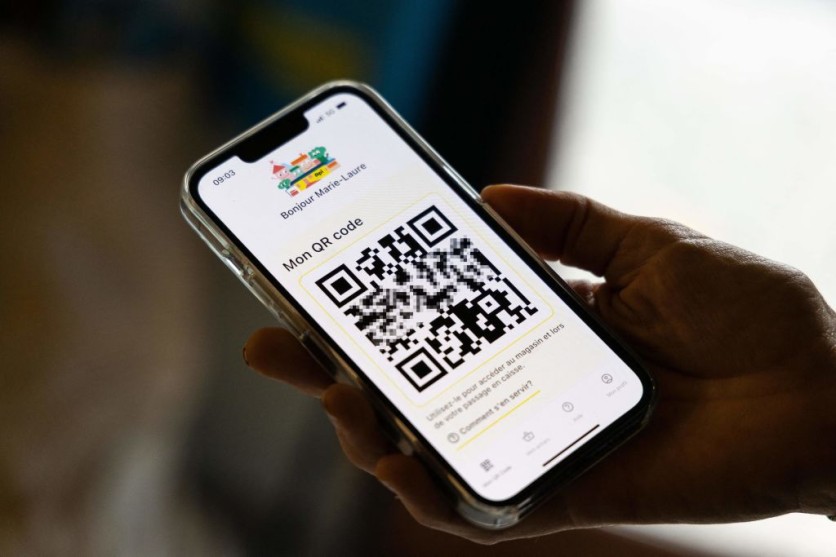In the world of online pharmaceuticals and medical equipment, distinguishing genuine products from counterfeits can be challenging. To address this concern, the SmartID system introduces a counterfeit-resistant barcode mechanism.
It empowers individuals to verify product authenticity via a smartphone without a database connection, provided the manufacturer utilizes SmartID, MedicalXpress reported.
A collaborative effort between Fraunhofer institutes has culminated in the development of SmartID. The system's demonstrative version will be showcased at the MEDICA 2023 event in Düsseldorf, Germany, from November 13 to 16.

SmartID Detecting Counterfeit Medicine
The World Health Organization (WHO) estimated in 2020 that approximately one in 10 medicines procured online are counterfeit. This encompasses a wide spectrum of products, ranging from lifestyle medications like slimming aids or hair growth treatments to critical medicines such as cancer drugs, pain relievers, and many more.
To enable end-users to authenticate medications and various other products, the Fraunhofer Institutes for Applied Polymer Research IAP, for Secure Information Technology SIT, and for Open Communication Systems FOKUS have introduced SmartID.
Dr. Tobias Jochum, the project coordinator stationed at the Fraunhofer Center for Applied Nanotechnology CAN in Hamburg, noted that SmartID empowers stakeholders across the supply chain to authenticate products carrying a SmartID code directly via a smartphone completely offline.
He emphasized the utilization of the unique surface texture inherent to all packaging, akin to a human fingerprint, which standard smartphone cameras can capture.
At the core of this system lies the digitization of information about the surface texture, subsequently transformed into a barcode and imprinted onto the packaging. The SmartID app is then deployed to verify if the information stored in the barcode aligns with the data derived from the surface texture.
A critical aspect of SmartID's development is making the barcode smaller and needing less space to compare surface textures. The team is working to improve this by using advanced materials, like quantum materials, which can help detect more details on a smaller surface.
Read Also : Researchers Genetically Engineer First Mice That Get Human-Like Version of COVID-19-Here's What Happened
SmartID 3 Years in the Making
The research team has been dedicated to perfecting the labeling system for three years. Many industries, such as interior design, mechanical engineering, printing, and even the medical field, especially creating protective items like masks, have shown strong interest in using SmartID.
As the project moves forward, discussions about licensing SmartID have started. They have also partnered with Evia Research GmbH, showing that SmartID could be useful in the fashion industry. They are particularly interested in using it to protect unique products with special surface textures.
"With SmartID, everyone in the supply chain can verify and authenticate a product that carries a SmartID code directly via a smartphone-offline, i.e., without having to connect to a database," said Jochum.
Related Article : Amazon's Virtual Clinic Introduces Telehealth for Quick Relief from Cough, Cold, and Flu: Here's How It Works

ⓒ 2026 TECHTIMES.com All rights reserved. Do not reproduce without permission.




